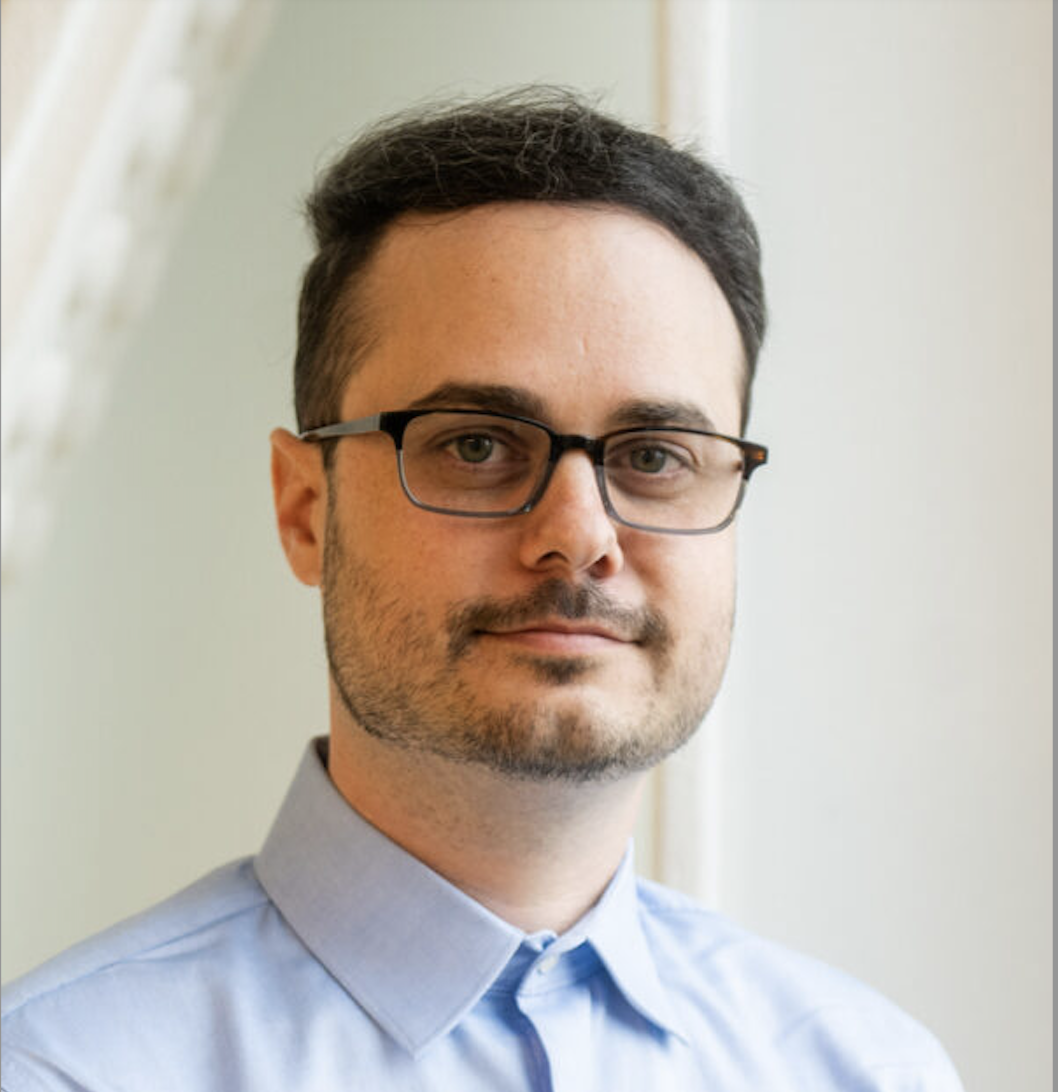Joshua Peterson Co-Authors Landmark Nature Study on Using AI to Model Human Cognition
A landmark study published in Nature—‘A foundation model to predict and capture human cognition’—features Boston University’s Joshua Peterson, Assistant Professor in the Faculty of Computing & Data Sciences (CDS), as a co-author. The project, which was also covered in The New York Times under the headline ‘Scientists Use A.I. to Mimic the Mind, Warts and All,’ marks a significant advance in using AI to model the human mind.
 Most AI research is geared toward achieving superhuman performance—creating flawless, expert problem-solvers. But for cognitive scientists like Peterson and his colleagues, whose goal is to understand the human mind, this focus on perfection is a missed opportunity. While AI models may seem to be the closest thing to human intelligence that exists, they can’t be a faithful model of the human mind if they ignore its imperfections—the “cognitive biases” and “mental shortcuts” that help us navigate a complex world with limited time and resources. Thus, the authors aimed to build an AI with the explicit goal of mimicking humans, cognitive “warts and all”.
Most AI research is geared toward achieving superhuman performance—creating flawless, expert problem-solvers. But for cognitive scientists like Peterson and his colleagues, whose goal is to understand the human mind, this focus on perfection is a missed opportunity. While AI models may seem to be the closest thing to human intelligence that exists, they can’t be a faithful model of the human mind if they ignore its imperfections—the “cognitive biases” and “mental shortcuts” that help us navigate a complex world with limited time and resources. Thus, the authors aimed to build an AI with the explicit goal of mimicking humans, cognitive “warts and all”.
With this goal in mind, the researchers created Centaur, an AI system designed to simulate human behavior in psychological experiments. They fine-tuned a large language model on Psych-101, an unprecedented dataset containing over 10 million choices from more than 60,000 human participants across 160 different experiments. The resulting model proved remarkably successful, predicting human choices more accurately than previous scientific models designed for each specific task, and even generalizing to new tasks it had never seen before.
“Ultimately, the goal of Centaur isn't to replace cognitive scientists, but to serve as a powerful new instrument in their toolkit,” explained Peterson. “By successfully predicting human behavior that traditional cognitive models miss, Centaur can pinpoint exactly where existing theories need improvement”. This process allows researchers to use AI as a guide to build better, more interpretable scientific theories. In this way, the work provides a blueprint for how AI can help accelerate the scientific study of the mind.
According to CDS Associate Provost Azer Bestavros, Peterson’s work highlights how BU faculty are at the forefront of reimagining AI. “This work exemplifies the kind of boundary-crossing innovation that defines CDS. By reimagining AI not just as a tool for automation but as a scientific lens into what it means to be human, BU faculty like Josh are advancing our understanding of both technology and ourselves,” Bestavros said.
Read more about research in the Faculty of Computing & Data Sciences at Boston University.